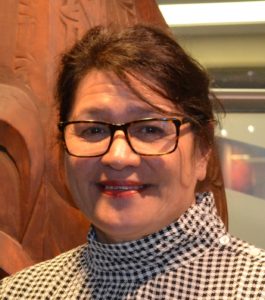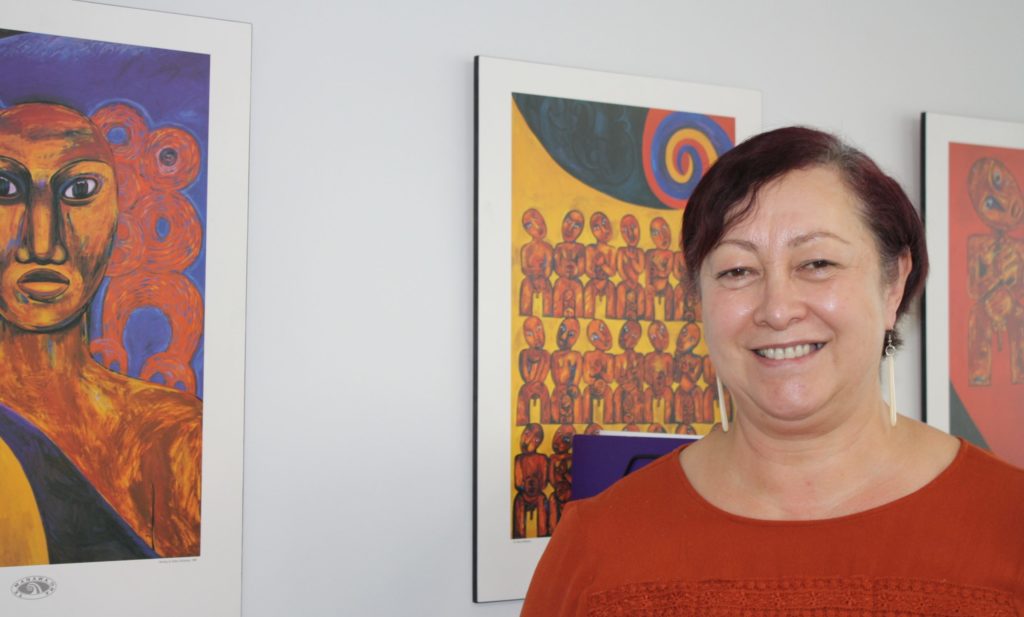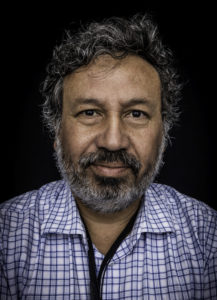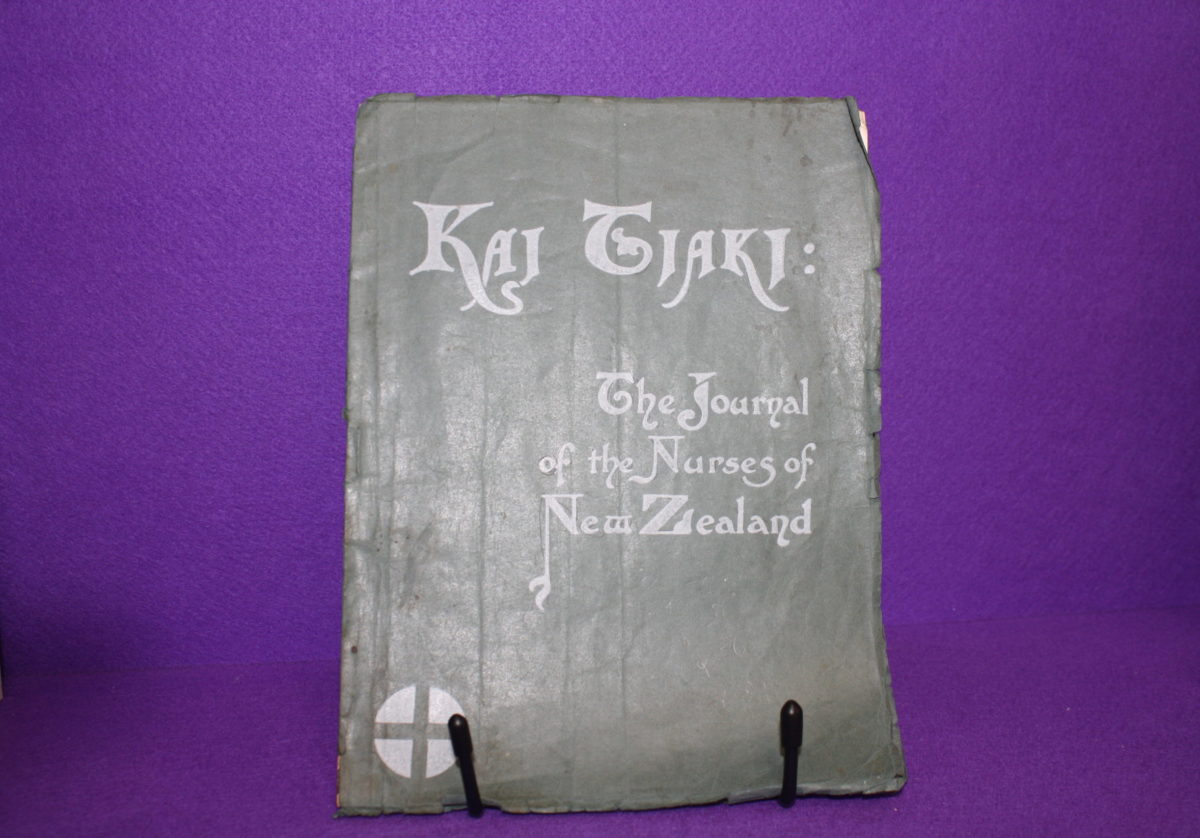Since it was first published in 1908, NZNO magazine Kai Tiaki Nursing New Zealand mistakenly split the word ‘kaitiaki’ (guardian) into kai tiaki (healthy/protective food) .
NZNO kaiwhakahaere Kerri Nuku said initial publisher, Australian-born nurse Hester Maclean, was likely trying to be inclusive and respectful when she chose a Māori word for the title.

“Unfortunately, in doing that it trampled on the mana of the name for Māori. So I think that correcting the grievances, is a signal of maturity and a better way of moving forward in a bicultural way.”
Getting the name right was about respecting the mana of tipuna (ancestors), and how they intended words to be used, she said.
“That’s why the name change, as small as it is, is a mana-enhancing thing for Māori.”
Outgoing acting chief executive Mairi Lucas said the name was “taken” by the publication when it started, but was not given by Māori – a reference to an apparent lack of consultation over being able to use the word.
“That’s why I think it was wrong: they took it, it wasn’t given…that’s created a century of a wrong title. It isn’t good enough.”
Lucas said she was “so happy” to see the mistake, which she had flagged, was finally being fixed. “On behalf of our tupuna, its taken far too long to fix that wrong.”

Like all efforts for Maori equity, creating even small changes was a challenge, she said.
“Everything’s a fight: nothing’s been handed to us …. but this is another tick for us, and I’m really happy being part of it.”
Opinion: Creating history with a simple keystroke
If you take a look at the top of our website you will see a we have a new name – very similar to our old name, but also, completely different.
With the deletion of a single space, Kai Tiaki (something like ‘healthy food’) has become Kaitiaki (guardian) – a more fitting title for a nursing publication. As the whakataukī (proverb) at the start of the news story says, the change is both small and important.

As a co-editor I’m very happy to see a longstanding error corrected.
As a Māori person, I’m completely unsurprised that even with the best of intentions our treasure, te reo Māori, can be so easily co-opted, misused and mistreated.
As a reo Māori speaker I am once again reminded of how simple changes in the way we present the language – an extra space here, a missing tohutō (macron) there – can create vastly different and unintended meanings.
And as a New Zealander, I know that all of the above is why we need to respect te reo Māori, our one and only indigenous language.
Co-editor Mary Longmore and myself welcome this new era for our nursing magazine: an era of health-care knowledge, professional and workplace development, and above all, an era of bicultural guardianship of all people of Aotearoa.
That, after all, is what the nursing life is all about.





